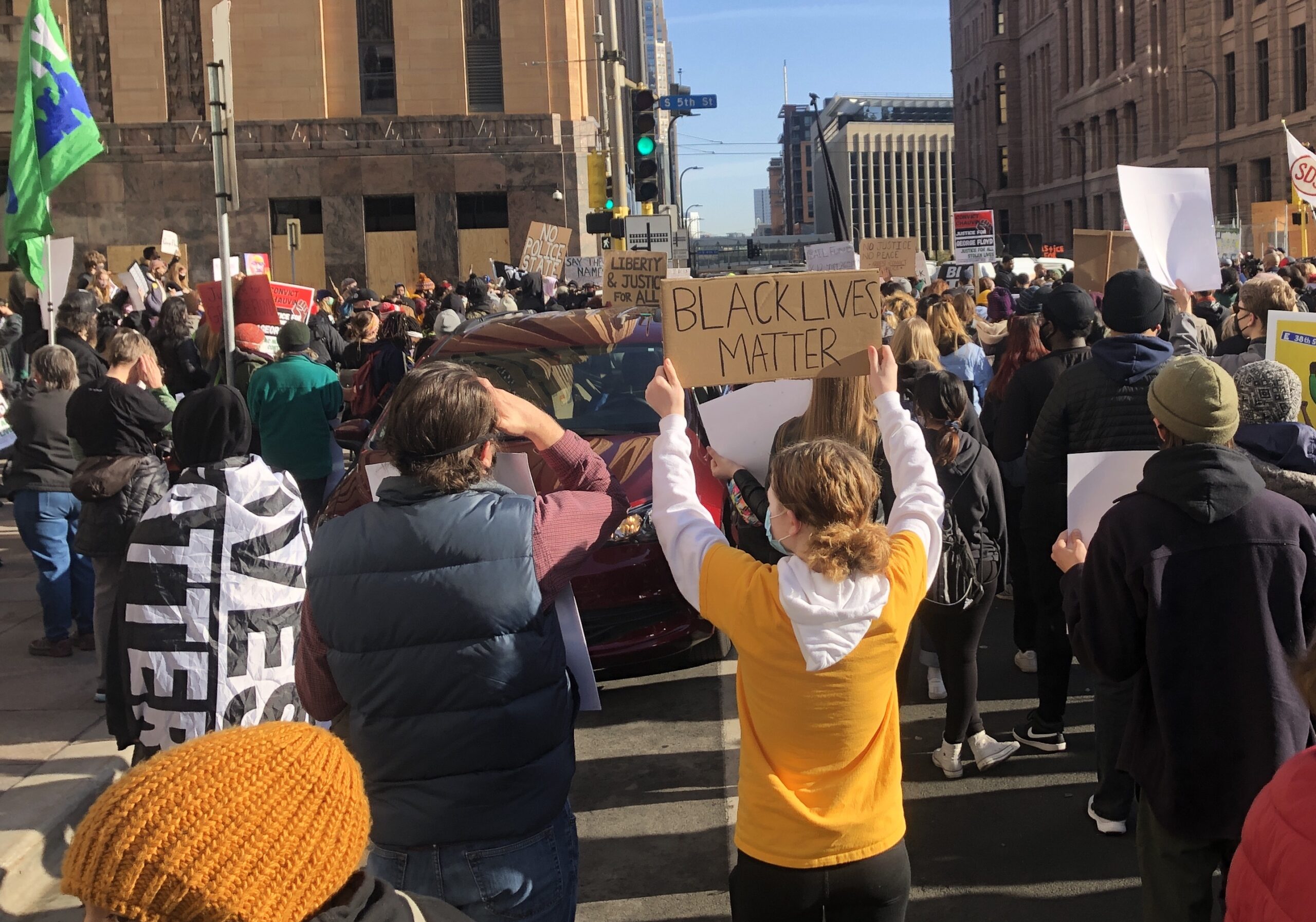

Share
Workers are being asked, once again, to keep working despite a surge in COVID-19 infections. As employers push for a return to “normal,” how should we deal with the risks of returning to work?
A new year, a new wave of the pandemic. Workers are being asked, once again, to keep working despite a fresh surge in COVID-19 infections, and the Biden administration’s relaxation of guidelines on testing and isolation has sowed fear and confusion. Meanwhile, other federal safety standards are facing court challenges, as pro-business groups claim that the government cannot legally mandate vaccination or testing for workplaces with more than 100 workers. So as we enter year three of the pandemic, and corporations continue to push for a return to “normal,” what role should occupational safety regulators be playing in response to the ongoing public health crisis, and, now that much of the workforce is evidently being left to fend for itself, how should workers and communities deal with the risks of returning to work? We spoke with Debbie Berkowitz, a former senior official at the Occupational Safety and Health Administration, about the government’s failure to safeguard workers’ health. And we also talked to Xian Barrett, a special education teacher in Chicago, about the recent standoff between the Chicago Teachers Union and Mayor Lori Lightfoot over returning to in-person schooling.
In other news, we look at the end of the student worker strike at Columbia, the end of a nurse’s strike (with Marie Ritacco and Marlena Pellegrino, Massachusetts Nurses Association/Saint Vincent Hospital), the struggles of supermarket workers (with Dan Flaming, Economic Roundtable), and the start of a comics industry union. With recommended reading on travel nurses seeking justice and restaurant workers working sick.
Thank you for listening to our 238th episode! If you like the show, you can support us on Patreon with a monthly contribution, at the level that best suits you.

